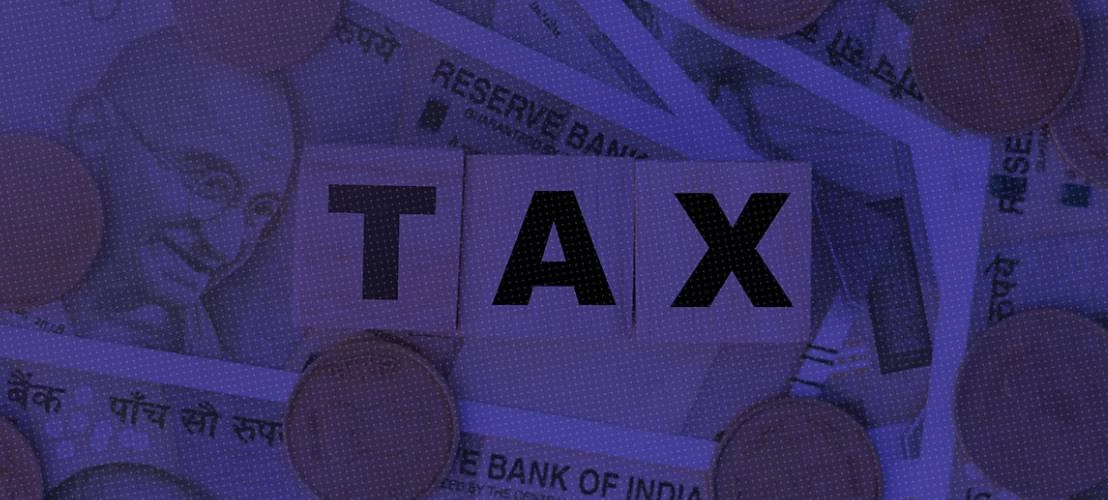The CESTAT New Delhi has on 12 March 2024 held that the notional cost of specifications in the form of drawings and designs supplied free of cost by a company to its vendors (component manufacturers) is not includible in the assessable value of parts or components manufactured by such vendors and cleared to the company.
The Tribunal observed that specifications of drawings and designs were supplied by the company to the potential vendors free of cost before the letter of intent was issued and was for the purpose of short-listing the vendors for supply of components.
It was hence of the view that no additional consideration towards sale was received by the assessee (vendor/component manufacturers) from the company, as anything which is supplied by the buyer to the manufacturer before even identifying the potential manufacturer as the supplier can never be treated as an additional consideration for sale.
The Tribunal, for this purpose, also noted that the goods involved in the dispute were engineering goods and that unless the potential vendor was made aware of the requirement by way of design and drawing, the vendor would not have been in a position to quote a price for the supply.
It observed that manufacture of components was not possible from the specification and designs supplied by the buyer (which were merely layout or dimensions of the desired components) and that the assessee was responsible and had to prepare detailed drawings and designs for which it received technical support from its parent company abroad and paid service tax on royalty.
The Tribunal hence held that these specification drawings could not be said to be used in the production of the components or necessary for the production of the components in terms of Rule 6 of the Central Excise Valuation (Determination of Price of Excisable Goods) Rules, 2000.
The CESTAT in Denso India Private Limited v. Additional Director General (Adjudication) further drew comparison of Explanation (1) to Rule 6 of the Excise Valuation Rules with Rule 10(1)(b) of the Customs Valuation Rules, 2007 borrowed from Article 8.1(b) of the WTO’s Agreement on Implementation of Article VII of the General Agreement of Tariffs and Trade.
It observed that expression ‘necessary for the production of the imported goods’ appearing in clause (iv) of Rule 10(1)(b) has been interpreted in the context of ‘assists’, not to include those design which merely specify the requirement of a buyer or dimension of the product.
Assessee here was represented by Lakshmikumaran & Sridharan Attorneys.







